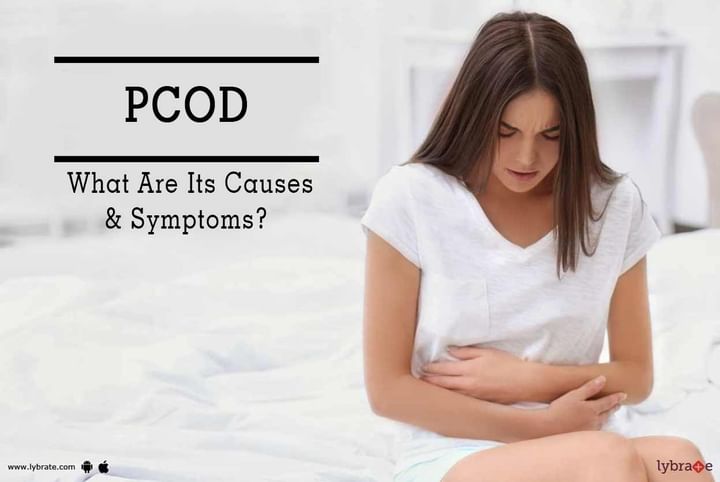PCOD - What Are Its Causes & Symptoms?
Are you experiencing problems with your periods because of hormonal imbalance? This condition, known as PCOD and PCOS, or polycystic ovary syndrome, may make it difficult for you to get pregnant, and unwanted changes in your appearance are also indicated. In most cases, women with PCOD develop small cysts in their ovaries. These cysts may not be harmful or cancerous, but they cause hormone imbalance in your body.
Causes:
The specific causes of PCOD are yet to be determined. In PCOS patients, the ovaries produce excess androgens or male sex hormones, which result in an imbalance in ovulation, acne breakout and development of excess body hair. Your body faces problems using insulin and develops insulin resistance. Genetics are considered to be a key factor that determines a woman’s chance of getting PCOD.
Symptoms:
The symptoms of PCOD are mild in the beginning. The most common symptoms are as follows:
-
Weight and difficulty in weight loss.
-
Acne breakout.
-
Development of excess hair on the face and body, which is not a feminine feature. Thicker and darker facial hair and unusually excessive hair on the belly, chest and back are also indicated in some women.
-
Thinning of hair on the scalp.
-
Irregularity with menstrual periods. Commonly, women with PCOD experience less than 9 periods during a year. Some women may have no periods at all, while others experience heavy, abnormal bleeding.
-
Fertility problems are likely in women with PCOD.
Treatment:
The treatment of PCOD aims at relieving the symptoms and preventing long-term health problems associated with the condition. PCOD can be treated and managed by using the following measures:
-
You should keep fit and undertake regular exercise and work out. Walking is an ideal exercise which you can opt for.
-
You should eat heart healthy food which includes vegetables, nuts, fruits, whole grains and beans. Avoid foods which contain saturated fats and these include fried food, meat and cheese.
-
Losing weight is beneficial for your health if you have PCOD. Losing even a small amount of weight will help in balancing your hormones and regulating your menstrual cycle.
-
Quit smoking as smoking increases the levels of androgen in your body.
-
Birth control pills are also prescribed for reducing your symptoms, and fertility medicines are prescribed in case of infertility issues because of PCOD.
It is recommended for you to consult a gynaecologist on experiencing any symptom of PCOD. This will enable early diagnosis so that you can start with the treatment measures before the condition worsens.



+1.svg)
